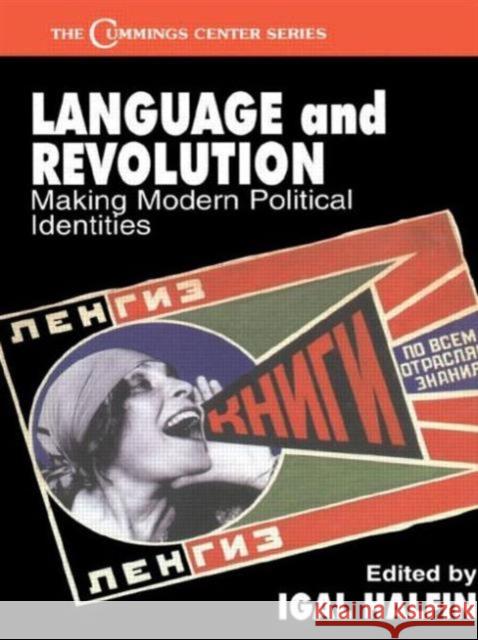Language and Revolution: Making Modern Political Identities » książka
Language and Revolution: Making Modern Political Identities
ISBN-13: 9780714683072 / Angielski / Miękka / 2002 / 414 str.
Language and Revolution: Making Modern Political Identities
ISBN-13: 9780714683072 / Angielski / Miękka / 2002 / 414 str.
(netto: 261,17 VAT: 5%)
Najniższa cena z 30 dni: 261,89
ok. 22 dni roboczych.
Darmowa dostawa!
This work examines the role of language in forging the modern subject. While social historians tend to regard language as a pragmatic tool, as much as an instrument of power, intellectual historians often treat language as a supra-human force that somehow grips men and turns them into brainwashed automatons. Taking issue with both these approaches, the contributors to this volume treat language as a force that imbues the historical protagonist with the horizon of his/her meanings, on the one hand, and that is used to acquire a new sense of identity, on the other. In the momentous reconfiguration of political and social identities brought about by the advent of modernity, individuals were relocated within new seats of discursive relations. Focusing on the idea of the New Man that has animated all revolutionaries, the historians in the present volume ask what it meant to define oneself in terms of one's class origins, gender, national belonging or racial origins. Civil War, the transformations of Germans into Nazis or the making of citizens out of royal subjects in revolutionary France, the contributors here examine the way that revolutionary language shaped the realm of the possble during the momentous events that changed the face of Europe in the 19th century and early 20th century.











